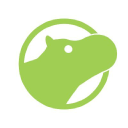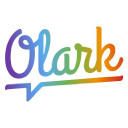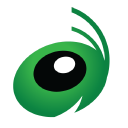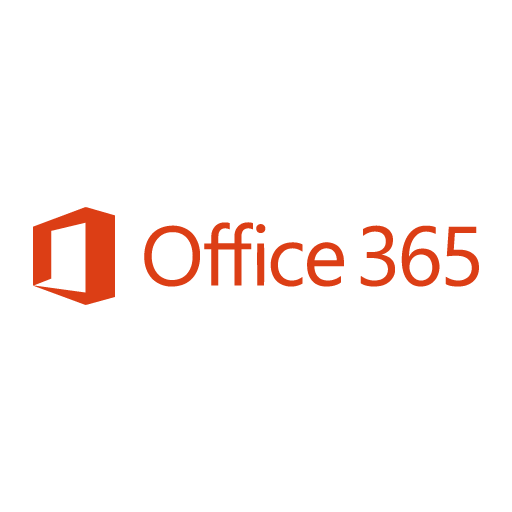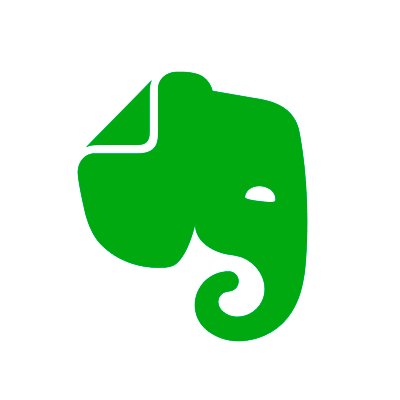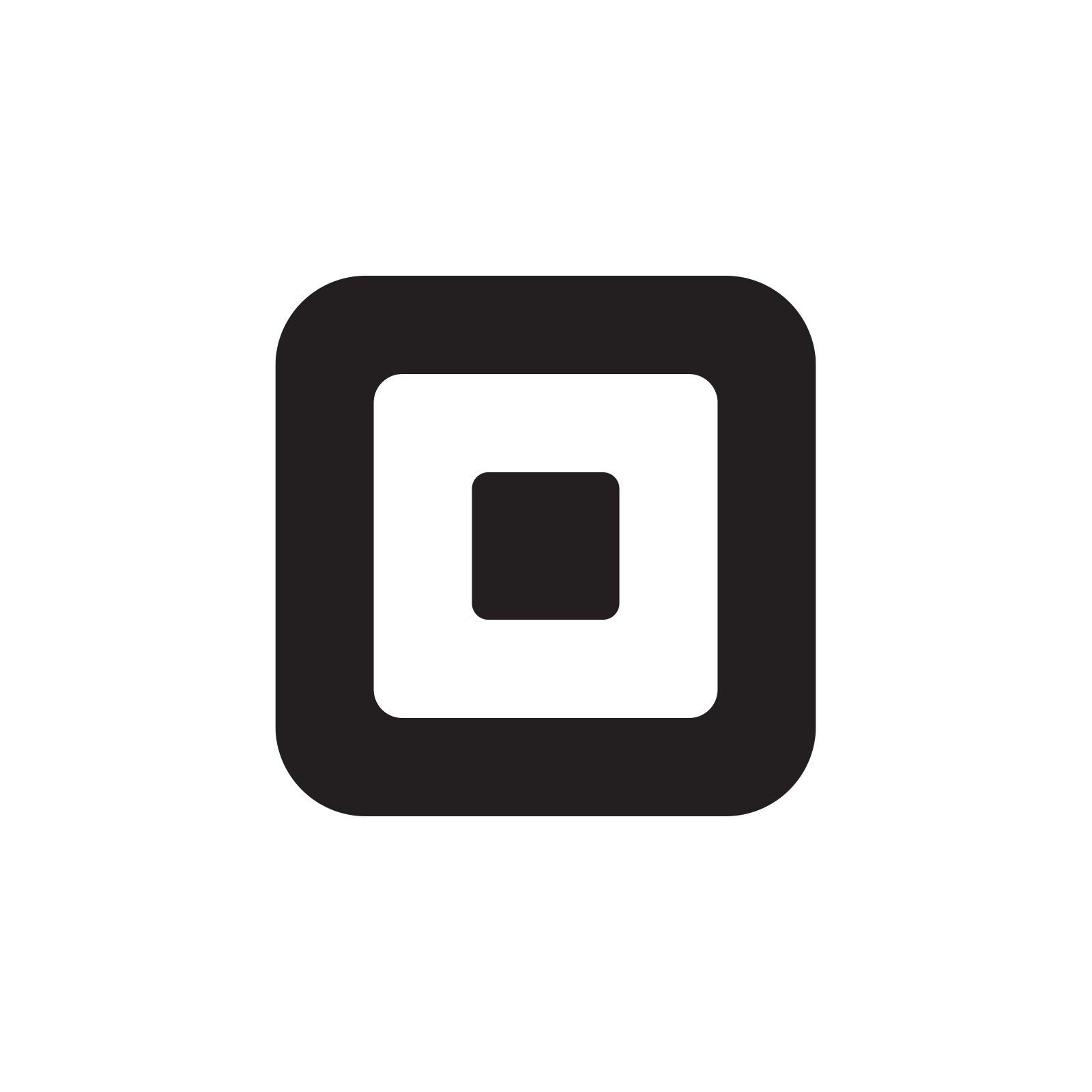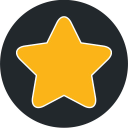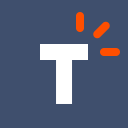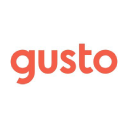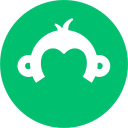
How We're Focusing On Long Term Marketing And Measurable Channels
This is a follow up story for Populum. If you're interested in reading how they got started, published almost 6 years ago, check it out here.
Hello again! Remind us who you are and what business you started.
Hi there! My name is Gunhee Park and I’m the founder of Populum, an eCommerce CBD supplement, skincare, and pet brand. Mindfully developed for conscious consumers, Populum uses a proprietary formulation of rich full-spectrum extracts to deliver the most effective CBD products on the market.
Our flagship products are our orange-flavored full-spectrum CBD tinctures that come in three concentrations. This has been our best-seller over the past three years, with our main customers being older individuals who are looking for a natural remedy for their daily wellness.
We have grown our annual gross revenue at an average of 85% YOY over the past 2 years.

Tell us about what you’ve been up to! Has the business been growing?
It was a busy year for us, especially with so much attention in the CBD market. We’ve focused our efforts on multiple fronts:
- 1. Positioned Populum as the premium player in a saturated marketplace.
We did this through PR efforts, developing partnerships with high-end retailers (medical & beauty), and refining internal processes to improve transparency to our customers. Being a market leader in quality in a largely unregulated industry has been one of the main ways for us to differentiate ourselves among the crowd.
In 2019, we’ve also been featured in publications such as Forbes, Buzzfeed, Domino, Well + Good, while also partnering with over 80+ wholesale/retail clients, ranging from doctors’ offices, yoga studios, to even coffee shops.


- 2. Developed new product lines to continue to distinguish ourselves. We developed 3 new product lines in 2019: CBD Capsules, Pet Chews, and a CBD Face Oil. Expanding our portfolio has helped to diversify our customer base, especially when certain product categories were getting more saturated.


- 3. Committed to expanding our subscriber program: Early on, we built out a robust subscription program to reward loyal customers with extra savings. We’ve seen that come to fruition in 2019, where we’ve seen 40% of our customers become repeat purchasers. Our average reorder rate is more than 4 orders per customer. Over the span of a year, the number of monthly subscribers increased by 200%.
- 4. Focused on our customer experience: With the influx of cheaper brands coming to market, we doubled down on our founding mission, which was to offer a 100% satisfaction guarantee and to deliver a positive shopping experience for those new to trying CBD. We did this by offering an industry first, truly risk-free trial and developing easy-to-digest educational materials, such as our CBD101 booklet and the following video:
What have been your biggest lessons learned in the last year?
Despite the many successes we did have, we also had our fair share of challenges. At the beginning of 2019, the hemp industry was fully deregulated. This led to a huge influx of newcomers to the CBD space in the span of a few months. The market was quickly saturated with both short-term opportunists and sophisticated, venture-backed competitors. “CBD” became a huge buzz word that formed a bubble for the entire product category.
As a brand, these market trends impacted us quickly. Prior to 2019, we were focused on educating customers about what CBD is and how it’s different from marijuana. All of a sudden, popularity around CBD exploded and we were pivoting to differentiate ourselves among a new crowd of competitors.
In early 2019, we found ourselves spending aggressively to try continuing our double-digit growth month-over-month. Hyper focused around revenue growth, our marketing spends quickly ballooned to 2-3X our previous average. This came at a time when the industry was getting more competitive, as I mentioned above, so our growth actually slowed down even though we were spending more.
This obviously wasn’t sustainable. That’s when I learned the hard lesson of shifting my mindset back to profitability over revenue. When you’re growing, it’s obviously very exciting seeing your top-line numbers. But when you start obsessing over revenue milestones to the point where you’re barely profitable or actually bleeding cash, it becomes a very stressful, unproductive way of operating a business - especially when you’re 100% bootstrapped.
The below quote from Paul Jarvis, author of Company of One, resonated with me:
“The more we busy ourselves with work and fail to consider why we’re doing it in the first place, the more likely we are to realize (often far too late) that we’re not enjoying what we’ve worked so hard to build.”
So with that realization, I made some tough decisions, that when I look back, has helped us turn things around:
- Refocusing on profitability: I cut a lot of overhead, software, and other unnecessary expenses. It’s surprising how quickly expenses can balloon during growth mode. I became more disciplined about how I made marketing/advertising decisions. I also had to make some tough decisions on letting people go. This was obviously the toughest part, as we were still a small team and I cared about those individuals.
- Change what we’re measuring as a company: We still obviously measure revenue and growth. But rather than solely focusing on tracking revenue, traffic, and customer #s, we prioritized measuring profitability and customer retention. This has helped shift our mindset to focus more on sustainability and long-term customer satisfaction.
- Focus marketing spending in long-term, measurable channels: During growth, it’s easy to spend aggressively across the entire funnel, top to bottom. You feel good because you’re getting more eyeballs and recognition through top-funnel channels, such as billboard ads, influencer promotions, and podcast sponsorships. Yet, when you shift your mindset to profitability and change what you’re measuring, you can really hone in on channels that you can measure ROI. Our takeaway has been to shift our mindset from tractions of immediate gratification to more long-term, growth building strategies, with a measurable ROI.
What’s in the plans for the upcoming year, and the next 5 years?
As a primary e-commerce brand, we’ve been fortunate during this COVID19 pandemic. Our goal this year is to continue to distinguish ourselves in the market as a premium player, by focusing on building up brand loyalty & subscriber base.
We also recognize that CBD has a lot of different potential applications, so we’re working on product development. We’re being cautious about this though, as there are a lot of gimmicky, fad CBD products on the market at this time (like... CBD pillows or CBD mattresses). There’s already a lot of stigma built around CBD, and we want to make sure to focus on product efficacy when it comes to introducing new products.
Have you read any good books in the last year?
Company of One by Paul Jarvis: I’d recommend this to anyone starting a bootstrapped company. Jarvis challenges you to ask the question of why am I building my own business? As he states in the book. “We don’t need an attitude of world domination and crushing it in our work in order to make a great living or even have a substantial impact. Our work can start and finish small while still being useful—focused on moving toward better instead of more.”
Range: Why Generalists Triumph In A Specialized World: David Epstein brings up a quote from Sebastian Junger, the author of a bestselling book called “The Perfect Storm” - “Virtually every good thing in my life I can trace back to a misfortune, so my feeling is you don’t know what’s good and what’s bad when things happen. You do not know. You have to wait to find out.” This book makes the case that personal experimentation, such as entrepreneurship, is a source of power, and overspecialization is overrated.
Open by Andre Agassi: First account story of the hardships and personal journey of the most successful American tennis player. Tennis is a lonely sport. Agassi shows you why.
10% Happier: How I Tamed the Voice in My Head, Reduced Stress Without Losing My Edge, and Found Self-Help That Actually Works: I picked up meditation in 2019 and is one of the best habits I’ve built this past year. I’d highly recommend Dan Harris’ story as an introduction.
Are you looking to hire for certain positions right now?
Due to the circumstances around COVID19, we are not hiring at this time. We’d encourage anyone to connect with us on LinkedIn, Facebook, Instagram, or reach us via email.
Where can we go to learn more?
If you have any questions or comments, drop a comment below!

Download the report and join our email newsletter packed with business ideas and money-making opportunities, backed by real-life case studies.

Download the report and join our email newsletter packed with business ideas and money-making opportunities, backed by real-life case studies.

Download the report and join our email newsletter packed with business ideas and money-making opportunities, backed by real-life case studies.

Download the report and join our email newsletter packed with business ideas and money-making opportunities, backed by real-life case studies.

Download the report and join our email newsletter packed with business ideas and money-making opportunities, backed by real-life case studies.

Download the report and join our email newsletter packed with business ideas and money-making opportunities, backed by real-life case studies.

Download the report and join our email newsletter packed with business ideas and money-making opportunities, backed by real-life case studies.

Download the report and join our email newsletter packed with business ideas and money-making opportunities, backed by real-life case studies.



